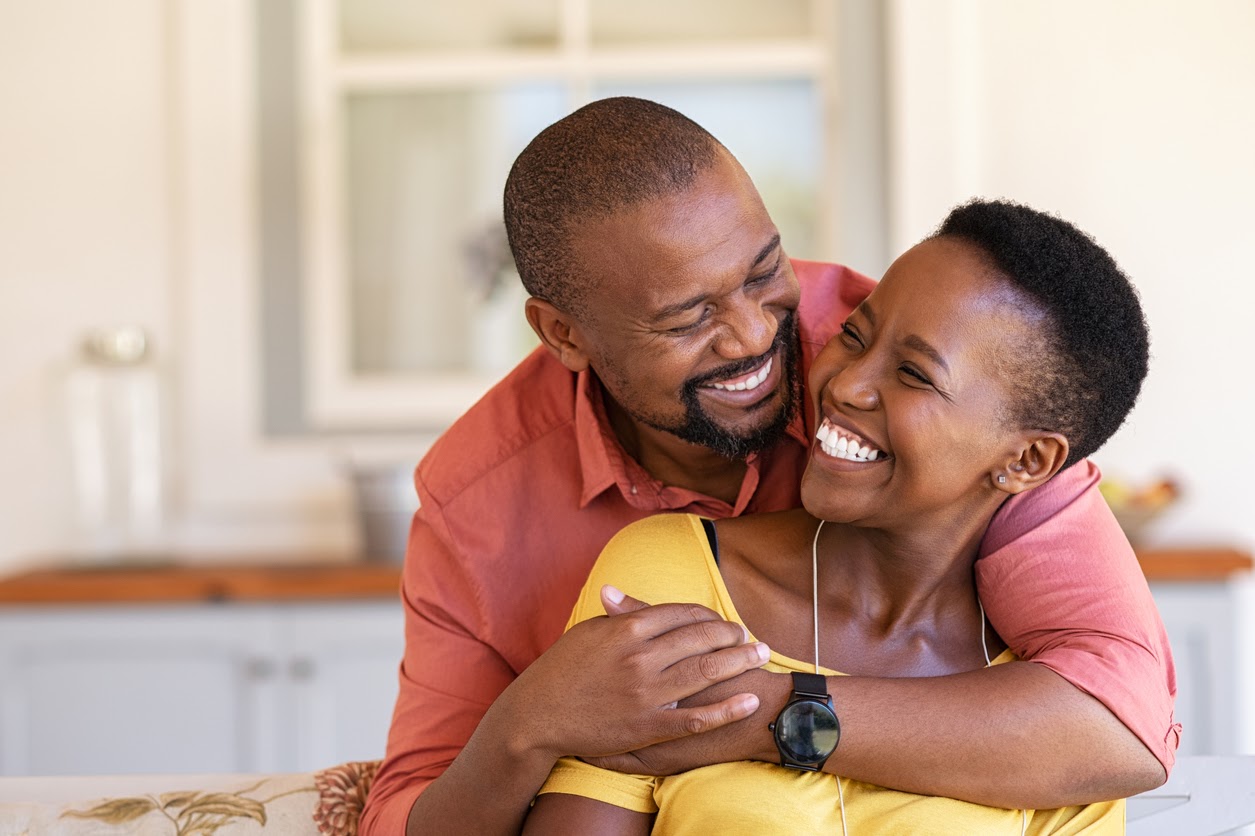One of the keys to successful and sustainable recovery from alcohol addiction is having a good support system and as a loving partner, you’re one of the most valuable players in this system.
There’s a good chance you’ve been feeling powerless, frustrated, or scared with your partner’s drinking. Those feelings might then turn to hope, relief, yet worry when they tell you they’re ready to quit and get help.
So let’s explore how you can support them through this journey especially during this month of love.
How Does Addiction Affect Romantic Relationships?
When a person becomes addicted to alcohol or drugs, it puts their loved ones – especially their romantic partner – under a lot of stress. Addiction has the ability to infiltrate intimate relationships, destroying the trust, closeness, and comfort that once existed.
It’s quite natural to be disappointed, angry, or devastated by a partner’s addiction.
What began as a one-time experiment or a one-time occurrence may have turned into a vicious cycle of abuse. People are sometimes unaware that their companion has developed an addiction.
Perhaps some of the following are examples of how their addiction has damaged your relationship in the past:
- Advising people to engage in activities that encourage binge drinking or drug usage
- When they drank or used drugs, they had episodes of aggressive, volatile, or violent behavior.
- Isolation from you, their family, their friends, and their coworkers
- Having difficulty emotionally, psychologically, or physically relating to you?
It’s difficult to mend shattered relationships produced by harmful behaviours induced by substance abuse, even when your partner decides to get assistance. However, pursuing addiction treatment may be the best move your spouse can make for your relationship.
You may help your partner during their recovery in a number of ways. You may need to exercise patience, forgiveness, and trust. However, with your aid, they may be able to break free from their poisonous abuse patterns for good.
Your Role in Your Partner’s Recovery During Rehab
It’s fine to exhale a sigh of relief now that your lover has entered rehab. You can rest easy knowing that your partner has acknowledged their condition and begun the process of rehabilitation.
Contact with your partner may be limited during the first several days of inpatient recovery. This is because your partner will very certainly be enrolled in a detox program, which will determine the course of their therapy. You should be able to contact your partner again once they have completed their detox.
While your partner is undergoing treatment,
- Participate in any of the centre’s visitor events.
- Maintain a cheerful tone in all talks, whether in person or over the phone.
- Do your best to discover as much as you can about your partner’s addiction.
- Don’t get too caught up with your partner’s medical care. Allow enough time for your partner to recuperate on their own.
- During phone or in-person talks, don’t bring up prior blunders.
- Do not strive to be your partner’s exclusive support system. Other members of your partner’s family and friends are likely to assist them in their recovery.
While their partner is in treatment, several rehabs offer couples counseling. A counselor will work with you and your spouse to develop new ways of expressing feelings and communicating effectively during these sessions. You’ll also learn how to spot problematic habits that may have contributed to your partner’s substance misuse.
While your partner’s rehabilitation may be at the forefront of your attention, don’t forget to look after yourself. Spend some time doing something you enjoy, such as a hobby or a sport. Treat yourself to something you’ve been eyeing for a long time, or book plane tickets to see an old buddy.
Rebuilding the Relationship After Treatment
It’s time to start the rehabilitation process — not just for your partner, but also for you – once your partner returns from rehab. You and your partner will face additional challenges if you don’t take the time to set the basis for your relationship’s new beginning.
A relationship that has been damaged by addiction will not be resurrected overnight. It will take some time for everything to return to normal.
It is absolutely possible to repair your relationship after an addiction. Here are some suggestions for improving your chances of resuming a successful relationship.
Continue seeing a couple’s therapist.
Attending therapist sessions can make a significant difference in your and your partner’s recovery. Your therapist will teach you and your partner new methods to communicate and deal with disagreements as they arise.
Identify potential triggers that may tempt your partner to use drugs or alcohol once more.
Is there anyone in your partner’s family or circle of friends who may have supported their addiction? Or perhaps your companion works in a high-stress environment? After all of their hard work in treatment, your partner could relapse in a variety of ways. Try to eliminate those triggers with your partner.
Make a list of enjoyable, drug-free activities that you and your partner can do together.
Take your partner to the zoo or aquarium, or get tickets to a concert or sporting event. Now is the time to remind each other of why you first fell in love.
Maintain an open line of communication with one another.
Be open to discussing difficult topics with your partner – no topic should be off-limits. Consider how things were before the addiction began and what changes you would like to see in the relationship. Remember that if changes aren’t spoken about, they won’t happen.
A Step At A Time
For relationships that have been ravaged by addiction, the road to healing can be long and convoluted. However, many couples have found success by persevering through adversity. Your relationship will mend as your spouse heals.


